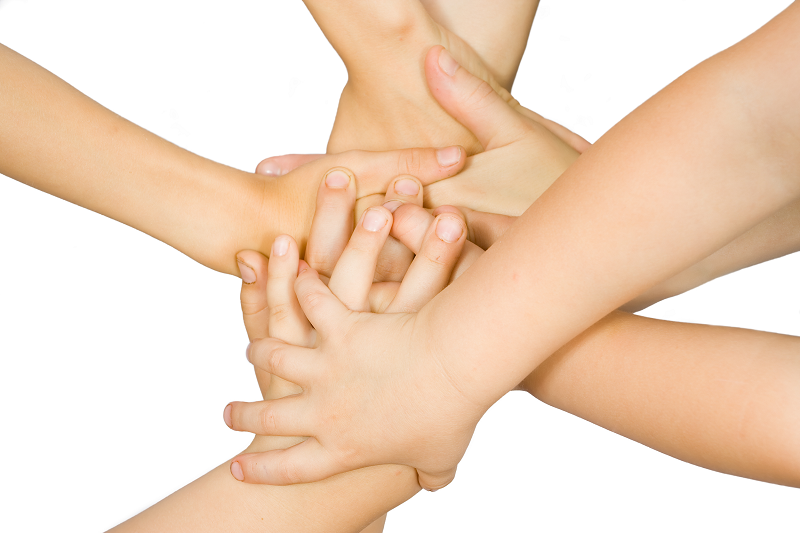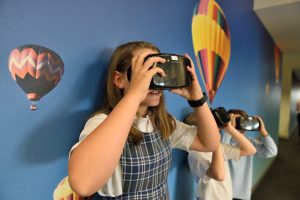Gifted Children : Making Friends
A few years ago, I surveyed parents with high ability/gifted children. One question I asked was – list two or three hopes or goals you have for your child in the next few years. The answers to this question listed many different goals, but they had one in common — all said they also wanted their child to have friends and develop good social skills.
Making friends is a developmental step that becomes really noticeable around 4 years of age. Children of this age, if developing in an age-typical way, appear highly motivated to make friends, and join-in play with others. In doing so they start to learn the give and take, and compromise of friendship.
However, progress in ‘becoming a friend’ depends on the individual’s ability, at that point, to think about and understand others. The age-typical child at this early stage is usually still quite self-centred. There is typically, only limited awareness about how others may feel or be affected by behaviours. Friends at this stage are simply those that ‘make me feel happy’.
When a child’s intellectual ability is advanced on others of their age group, research has shown that their thinking, interests, emotional and social awareness are also usually advanced. Maybe not evenly advanced, but often their ability to think about and understand others is greater. So attempts to share games between age-typical and advanced children can be tripped up by mis-communications.
Age-typical child – you can be the daddy.
Gifted child – but all daddys are different – what sort of daddy should I be?
Why do the other girls squeal and yell so much when they play outside? They make so much noise I can’t join in because I can’t work out what they are all saying.
Instead of trying to help the advanced child connect first of all to their chronological age-group, look for a mental-age peer group. Also decide in what social and emotional ways are they different to their age group?
If a child seems to be several years ahead in their intellectual ability then they will probably interact more successfully with another age-typical child of that age. A child who is, say 6 years old but thinking and learning like an 8 or 9 year old, is more likely to develop social skills and make friends with others of that age.
Sharing interests at a similar level also helps in the development of friendships — one girl (6 year old & with a rich vocabulary) joined a junior Scrabble Club and made friends with others from 6 – 16 years of age.
Find groups in the community where there are social and emotional values that seem a good fit for your child: eg. this could be a nature conservationist group, or an animal refuge, a church group, etc.
The parents in my survey recognised that their child — just like all others — needed to develop social skills and learn how to become a friend. Like all others, the advanced child needs explanations as to why others behave the way they do and coaching in or ‘brainstorming’ strategies to help when joining in with others.
When making friends is difficult, talk about this at home and encourage and support them to keep trying. This may mean say, — ‘workshopping’ a collection of ‘coping strategies’ for when your child is restricted to a same age-peer group.
My observations of the social skills of developmentally advanced gifted children show a wide variation in the need for friends. Some seem to be gifted at understanding others and make many friends, others seem to find it especially difficult to bridge the developmental gap and thus to make friends. Some advanced children seem to have ‘so much going on in their head’ that one or two friends are sufficient, and are not needed all the time. Accept your child for who they are in regard to having friends and help them develop the social skills that are right for them.
Dr Anne Grant




